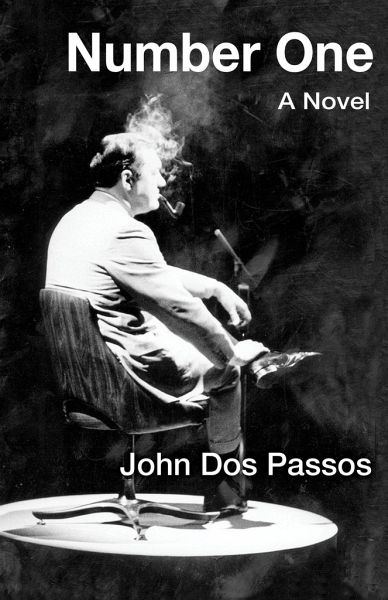John Roderigo Dos Passos (b.1896, d.1970) was a writer, painter, and political activist. He wrote over forty books, including plays, poetry, novels, biographies, histories, and memoirs. He crafted over four hundred drawings, watercolors, and other artworks. Dos Passos considered himself foremost a writer of contemporary chronicles. He chose the moniker of "chronicler" because he was happiest working at the edge of fiction and nonfiction. Both genres benefited from his mastery of observation—his "camera eye"—and his sense of historical context. Dos Passos sought to ground fiction in historic detail and working-class, realistic dialogue. He invented a multimedia format of newsreels, songs, biographies, and autobiography to convey the frenzy of 20th century America’s industrialism and urbanism. His most memorable fiction—Three Soldiers (1920), Manhattan Transfer (1925), U.S.A. (1938)—possesses the authority of history and the allure of myth. Likewise, he sought to vitalize nonfiction history and reportage with the colors, sounds, and smells documented on his journeys across the globe.





